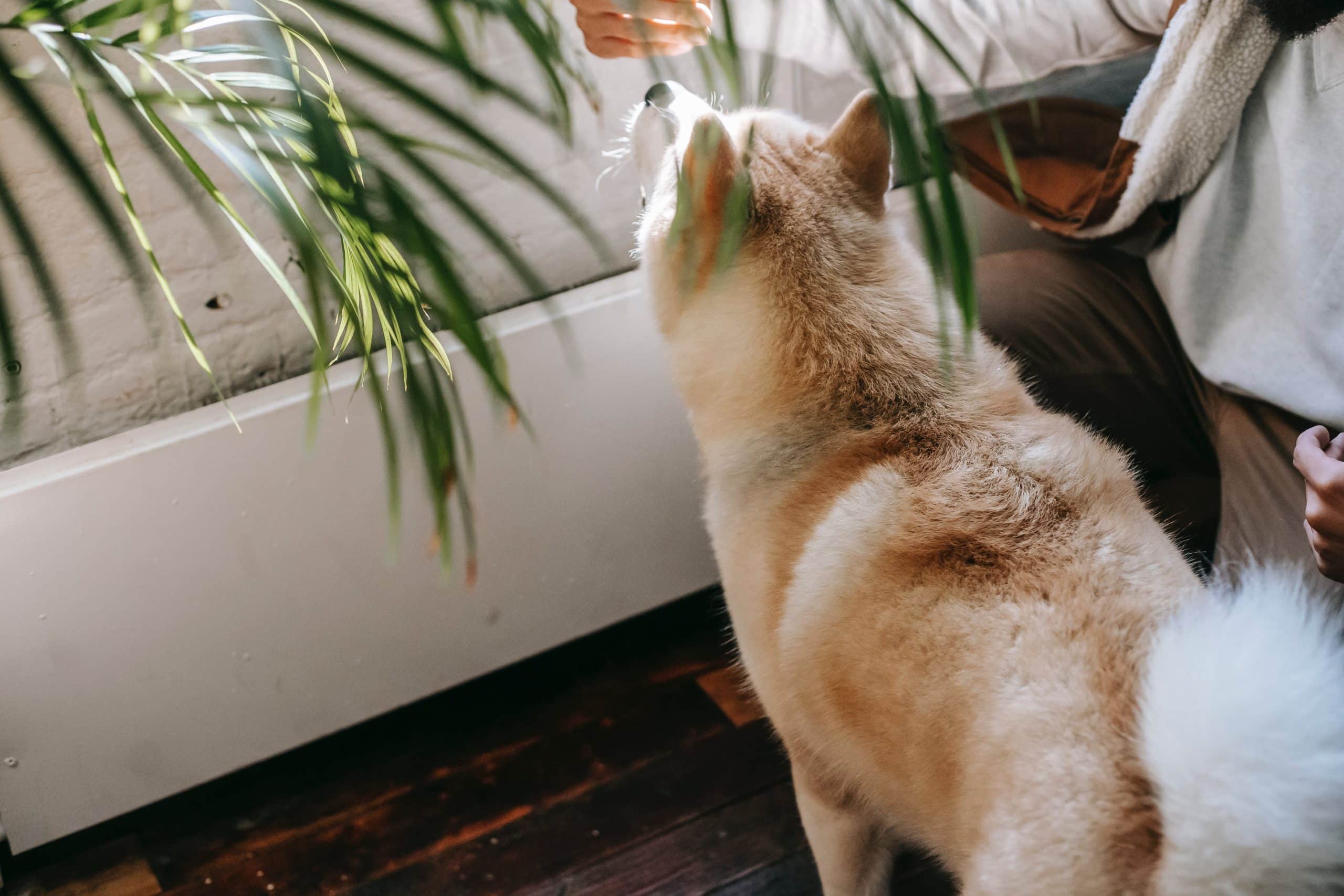Natural strategies for controlling pet odors in your home

Pets are part of the family, bringing joy, companionship, and often, a distinct smell to the home. While many pet owners grow accustomed to the odor, it’s not uncommon for visitors to notice that distinct "pet smell" upon entering your house. Pet odors, whether from your dog, the litter box, or pet dander, can be persistent and challenging to eliminate. However, with a few natural strategies and a bit of diligence, you can keep your home smelling fresh and clean. This article will guide you through natural methods to address pet odors, ensuring your living space is inviting for both humans and pets alike.
Understanding Pet Odors
Before diving into the solutions, it’s essential to understand where pet odors come from. Your pet’s body has natural oils that can transfer to carpets, furniture, and other surfaces. The smell is also a byproduct of bacteria and yeast metabolizing secretions, particularly in areas where your pet sleeps or spends a lot of time. Additionally, pet accidents, such as urine or vomit, can penetrate surfaces and leave long-lasting odors if not properly cleaned.
A découvrir également : Essential tips for raising a healthy puppy
Pet dander, which is composed of tiny, even microscopic, flecks of skin shed by cats, dogs, rodents, birds, and other animals with fur or feathers, can also contribute to the overall pet odor in your home. This is not only an issue for odors but can also affect people with allergies.
Now, let’s explore how to tackle these odors using natural methods that are safe for your pets and the environment.
A lire également : How to stop your dog from digging in the yard?
Regular Cleaning Routines
Regular cleaning is your first line of defense against pet odors. This involves vacuuming carpets and furniture frequently to remove pet hair, dander, and the dirt that pets carry in from outside. Be sure to use a vacuum cleaner with a HEPA filter to effectively capture pet dander and other allergens.
When cleaning hard surfaces, you can create a natural cleaning solution by mixing water with white vinegar. Vinegar is a natural odor eliminator and can break down the odor-causing bacteria without leaving harmful residues. It’s also excellent for cleaning pet bowls and toys.
For your pet’s bedding, wash it regularly in hot water, if the fabric allows. This will help to keep their resting areas fresh and prevent the build-up of odors.
Lastly, maintain your pet’s litter box by scooping it daily and changing the litter regularly. Consider using natural cat litter made from materials such as pine, corn, or wheat, which can offer better odor control than traditional clay litters.
Natural Deodorizing Solutions
Sometimes, no matter how often you clean, certain persistent odors linger. In these cases, natural deodorizers can be a lifesaver. Baking soda is a well-known and effective natural odor absorber. You can sprinkle it on the carpet, let it sit for a few hours, and then vacuum it up. You can also place bowls of baking soda around your home to absorb ambient odors.
Another natural deodorizer is activated charcoal. It’s a powerful odor absorber and can be placed in pet areas or near the litter box to help control smells. Replace the charcoal every few months for maximum effectiveness.
Essential oils can also play a role in odor elimination. However, it’s crucial to research which oils are safe for use around your pets, as some essential oils can be toxic to animals. Once you’ve found pet-safe options, you can diffuse these oils to help mask and neutralize odors.
Air Purification Strategies
Air purifiers are an excellent addition to your arsenal against pet odors. Look for an air purifier with a true HEPA filter, which can capture pet dander, hair, and other particulates. Additionally, some air purifiers come with activated carbon filters that are specifically designed to remove odors from the air.
Plants can also serve as natural air purifiers. Some indoor plants can absorb toxins and odors from the air. However, ensure that the plants you choose are non-toxic to pets. Spider plants, bamboo palms, and Boston ferns are some examples of pet-friendly plants that can help clean your home’s air.
Addressing Accidents and Spills
Pet accidents can happen, and when they do, it’s crucial to act quickly to prevent odors from setting in. For fresh stains, blot up as much liquid as possible with a clean cloth. Then, using a natural cleaner, such as a solution of water and white vinegar or an enzyme-based cleaner from Amazon or other retailers, treat the area. Enzyme cleaners are great at breaking down the proteins in pet waste that cause odors.
For dried stains, you may need to rehydrate the stain with water before applying your natural cleaning solution. You can also use a blacklight to find old urine stains that may not be visible to the naked eye but are contributing to the odor in your home.
Conclusion
Controlling pet odors in your home requires a combination of regular cleaning, using natural deodorizers, employing air purification techniques, and promptly addressing accidents and spills. By following these natural strategies, you can keep your home smelling clean and fresh while providing a healthy environment for your family and your pets. The key is consistency and choosing the right products that are safe for your pets and effective in eliminating odors. With these tips, you’ll be able to enjoy your pet’s company without worrying about unwanted smells overtaking your home.
